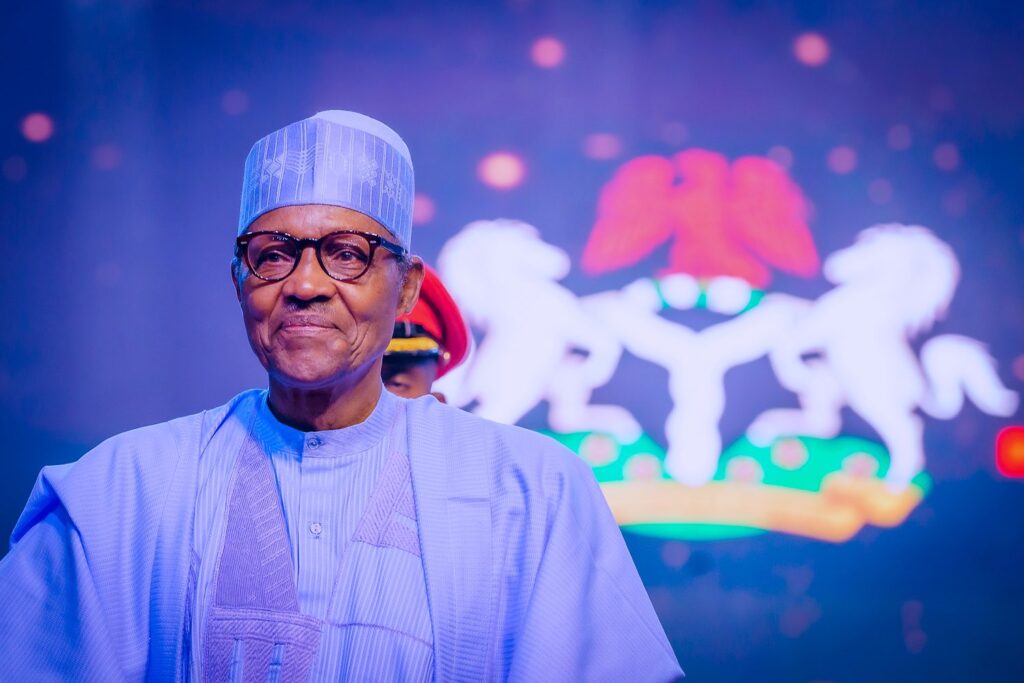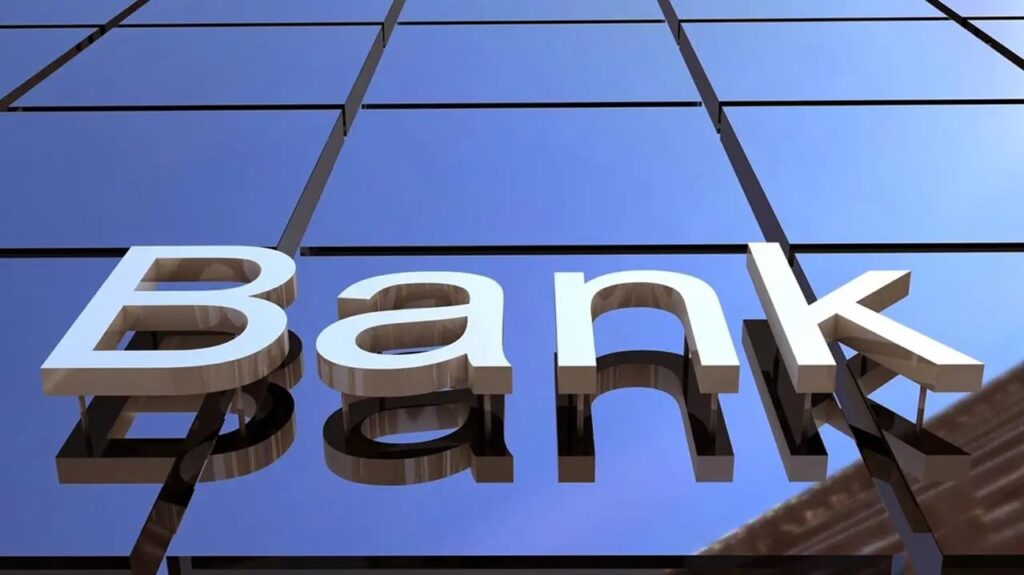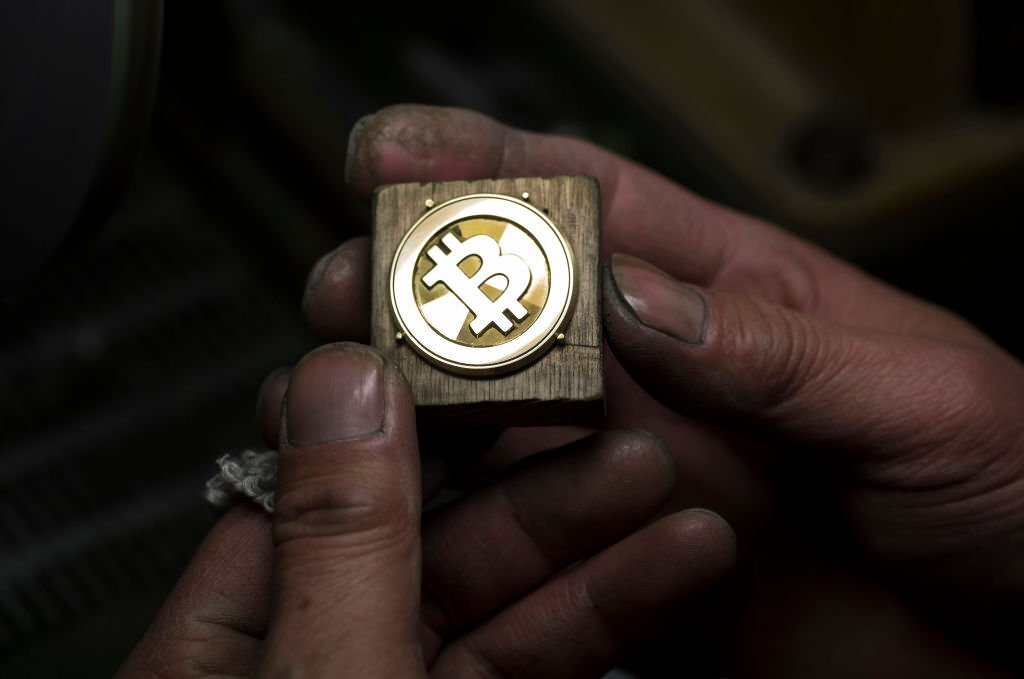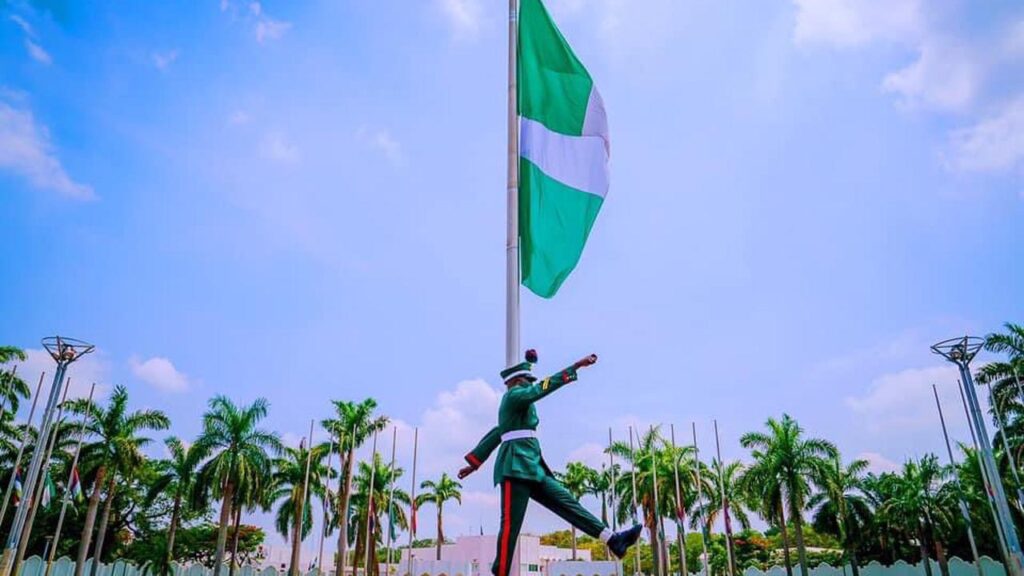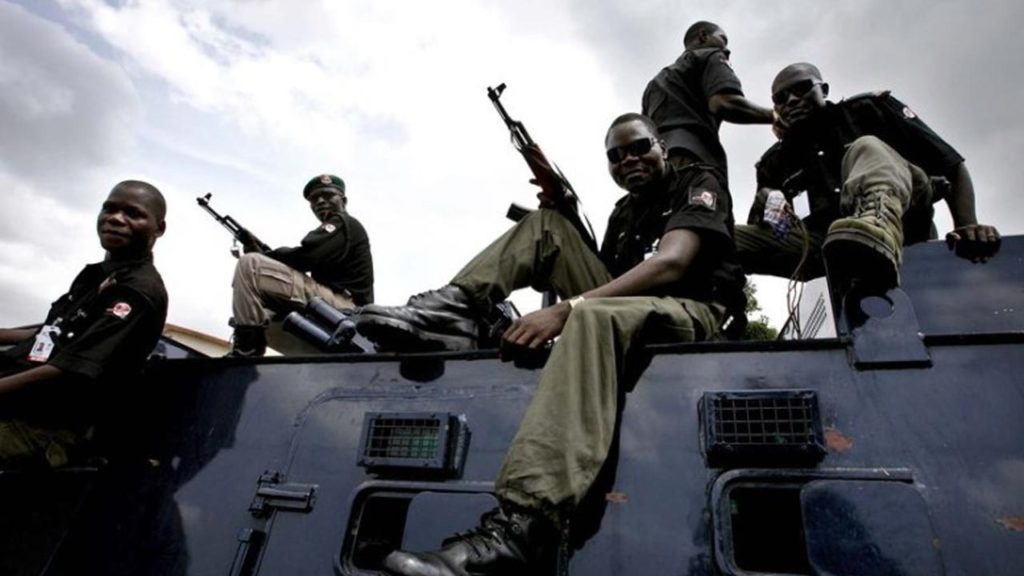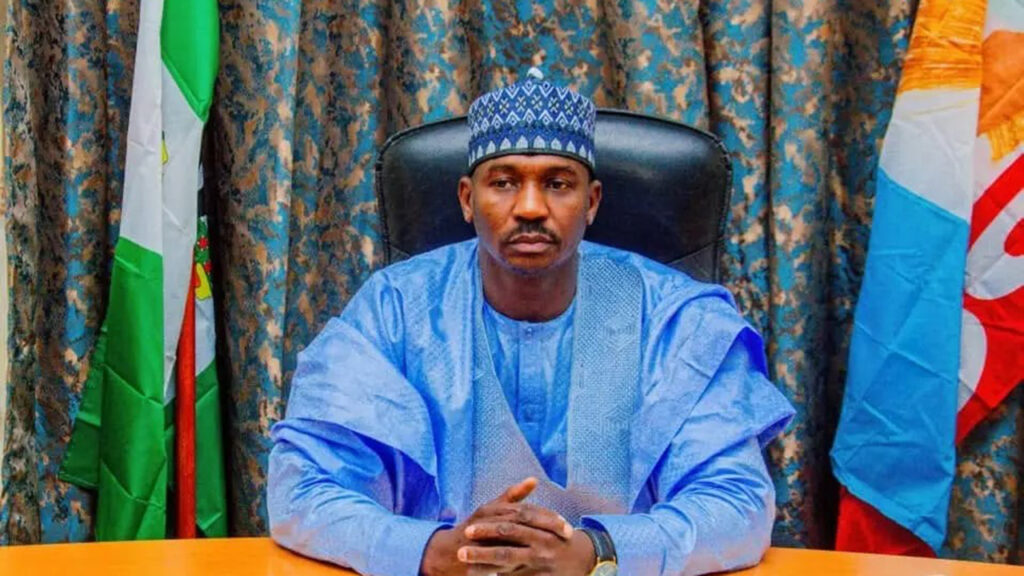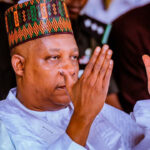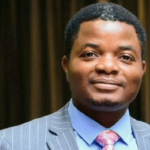
I pead to repeat the title of Nosa Igiebor’s TELL article of 22 April 2024, “Let’s Bring Buhari Back,” and to use the veteran journalist’s thinking and writing to illustrate the lack of intellectual depth of a critical segment of the Nigerian media. Igiebor is one of the finest writers in the Nigerian media, but his piece drives home the point that many creative writers of non-fiction could be shallow in their capacity to establish or dissemble critical linkages or breakages among varying layers of experience in society. A tragic implication of their ‘art’ is the tendency to sway the masses away from empirical truths, especially the gullible for whom primordial sentiments and rhetorical appeals work magic.
The sardonic elements in Igiebor’s article are underscored. In the context of comparing Buhari with Tinubu, he alludes to their shared “skill for reckless disruption,” lack of “emotional intelligence,” “unqualified disaster,” etc. He concludes that “Buhari wasn’t a leader, talk less of being transformational.” These terms are deployed as strategies of opposition politics demarketing that bear no semblance to lived experience. Igiebor’s attempt to argue that Tinubu is continuing from where Buhari stopped is synonymous with attributing the authorship of Shakespeare’s Macbeth to Wole Soyinka, never mind that both writers are geniuses in their own rights.
Certainly, in his article, Igiebor thrived in rehashing stereotypical narratives of critical segments of the Nigerian media about Muhammadu Buhari. Even when presented with bodies of facts that contradict their sentiments, huge segments of the Nigerian media continue to recycle those narratives in daring displays of media power and tyranny.
How could Igiebor not understand, for example, that there is a wide gulf between Buhari and Tinubu in terms of policies, and that their policies have had different consequences for Nigerians. Fact is, it is always greener on the other side. For many Nigerians, they are just beginning to appreciate Buhari and the policies that he pursued. Things were never going to be easy during the Buhari administration. Far back in September 2014, then Finance Minister Ngozi Okonjo-Iweala lamented that the economy was getting into troubled waters and the Federal Government would soon be unable to pay workers’ salaries. From late 2014, the Federal Government was already borrowing to pay salaries. 2015 was particularly difficult and by 2016, the nation slid into economic recession.
The second recession in 2020 was precipitated by the COVID-19 pandemic and the lockdown of the economy for over six months. What could any magician in government have done about it? Even the UK and the USA, among others, are in 2024 still suffering the dire economic consequences of the COVID-19 pandemic.
In spite of economic recessions and an unprecedented pandemic that no living Nigerian had ever witnessed, Muhammadu Buhari steadied the Nigerian economy. Igiebor says Buhari was a “disaster,” yet the pump price of petrol increased by just about N100 in eight years. Naira depreciated from N196 to N460, a difference of N264 in eight years. Electricity tariff increased by between N32 to N47 per kWh in eight years. Mobile call rates across the country largely remained the same. Many Nigerians are probably just realizing that those were the years of El Dorado, having now seen what could have been had Buhari taken a different road.
The Buhari government subsidized almost everything that could be subsidized – education, public health, electricity, petrol, exchange rate, etc., and only made people to pay a little more for some of these services. Now people are being asked to pay so much more than they ever did. The difference is in government policies. One is welfarist, and the other is still outright Bretton Woods capitalist.
Buhari had no “emotional intelligence,” as Igiebor wants his readers to believe. But he was sensible enough not to float the naira, and not to remove fuel and electricity subsidy, among others, because he knew how these will make Nigerians suffer endlessly. What is that called, if it is not emotional intelligence? In a media interview in 2016, Buhari warned about the dire consequences of floating the naira, thus going against the strong advice of the IMF and World Bank. He refused to float the naira. Why should he float the currency of a nation that was and is still very import-dependent?
Nigeria’s Bretton Woods economists and their media collaborators harangued him as ignorant and having no idea about governance. For eight years they abuse him and called him names – “clueless,” “no emotional intelligence,” “not a leader,” “not in charge,” “reckless,” “disinterested,” “unqualified disaster,” etc. These were the narratives that the opposition against Buhari, led by opposition politicians, Nigeria’s Bretton Woods economists, and large segments of the opposition media used in creating and driving stereotypes about Buhari. They even tried to de-personify him, cloning in their imagination a Jibrin of Sudan. That was how morally and intellectually base some segments of the elite and Nigerian media became. Unfortunately, they had a large herd of gullible followers.
Buhari was everything different from the descriptions of those who didn’t like him. We will come to why they didn’t like him shortly. Tinubu came to office very aware of what Buhari had suffered in the hands of his detractors, and thus chose the path of policy reversals. Fuel subsidy gone! Market forces, come and take the naira! Electricity subsidy gone! The IMF and World Bank started to hail him. Even the US Department of Treasury cheered him, saying that the naira would soon stabilize at around N700 to a US dollar. The media started to clap; Nigeria is on the right track. Great policies, they claimed.
The policies were great until inflation crossed 30%; it’s now at 33%. What Buhari warned against in 2016 came to pass. Buhari was right. Suffering everywhere. Ha, who is dumb? It must be those who said that Buhari was dumb because he did not succumb to their pressure. Those who mounted so much pressure that Tinubu did not give a second thought before throwing out fuel subsidy on Day One and floating the naira almost immediately after; they are the dumb ones who have led Nigerians to their present state of suffering. Nigeria’s Bretton Woods economists and their media collaborators, among others, are actually the ones who are “clueless,” “reckless,” critically shallow, and have proven to be the real “unqualified disaster.”
The Nigerian media is intellectually challenged, and Igiebor’s piece adequately illustrates this. Many journalists will rather indulge in sentiments and prejudices, and massage the egos of their paymasters than engage hard facts. In spite of the APC’s mantra of ‘Change’ on which Buhari rode to power in 2015, he did not pursue the path of drastic, unjustified change in governance. There were many policies and projects that were started by Goodluck Jonathan which he continued and completed. Even in terms of appointments, he showed uncommon leadership. He did not remove anyone from office until he had what he considered a suitable replacement. Many appointees of Jonathan were in office for more than two years after Buhari came in before they were eventually changed. Some remained in office throughout Buhari’s tenure. He went beyond personalities, personal allegiances and alliances in pursuit of competence. Buhari knew how to draw the lines between politics and governance; that is strategic leadership.
How does that contrast with the current situation where going to one year, government agencies in the country have no governing boards; Nigeria’s foreign missions across the world have no substantive ambassadors. It is a display of intellectual dishonesty and rhetorical vacuity to look away from the substance of Buhari’s contribution to Nigeria’s development and describe him in the terms that Igiebor deploys.
Nigeria’s became the biggest economy in Africa in 2014 with a Real GDP of US$493 billion. This grew steadily to US$535 billion in 2022. Definitely, Nosa Igiebor is not a Buhari fan, but if he is diligent enough to look at the records, Buhari managed the biggest economy in Africa for eight years and did not drop the ball, in spite of recessions and a global pandemic, among others. From 1999 when Obasanjo became president to 2022, which was Buhari’s last full year in office, Nigeria’s population increased by 100 million people. The economy that Buhari managed in 2022 is almost two times what Obasanjo managed in 2006. These are World Bank records, and the World Bank was not a Buhari fan because he was not pro-Bretton Woods.
What will Igiebor say about some landmark Buhari’s legacies that are just unravelling months after he left office? Nigeria’s recent legal victory over P&ID saved the nation US$10 billion which had already been awarded in arbitration against Nigeria in the UK. What will Igiebor say about the unprecedented extension of Nigeria’s maritime boundaries by five times the size of Lagos State through the instrument of the United Nations, and about which President Tinubu himself has commended the work done by his predecessor, Muhammadu Buhari? Are these a part of Igiebor’s “unqualified disaster?”
If Igiebor and others like him could take their time to do clinical research and be less sentimental, the cold facts are just out there, sector by sector. But this is where the big contradiction comes in. The TELL edition of 22 April is a classical illustration of media hypocrisy. In flowery prose, Nosa Igiebor, Editor-in-Chief, dismisses Buhari and his administration. Why did some segments of the Nigerian media hated and still hate Buhari? Because he did not throw public funds at them, and did not give them free money. Buhari was never the Nigerian politician who shared money to people, or the media.
Unfortunately, large segments of the Nigerian media live and thrive on the largesse of patronage by political office holders. Nyesom Wike as governor of Rivers State held sway on a daily basis for over two years at Channels Television, and he enjoyed and continue to enjoy good reportage because he paid their bills. TELL is not any different.
In the same edition where Igiebor condemns Buhari in two pages, TELL uses tons of pages to praise Buhari’s men for their accomplishments in office. He leads his team in using a full page to hail Haliru Nababa as “a visionary who reformed Nigeria’s correctional system” under Buhari; two pages to praise Ahmed Kadi Amshi as “a thoroughbred technocrat” with “landmark achievements” at the National Assemble Service Commission;” two pages to extol the achievements of Mele Kolo Kyari in establishing “a new dawn for NNPC Ltd” starting from when the Petroleum Industry Act was passed by Buhari in 2021; two pages to commend Sule Ahmed Abdulaziz for “quenching the fire of darkness” in Nigeria through the Transmission Company of Nigeria; and 48 pages in applauding Muhammad Nami, “the gamechanger who reformed FIRS” and transformed the agency in so many ramifications.
In 55 whooping pages, yes 55 pages out of a total of 84 pages of the TELL magazine, Nosa Igiebor and his team heaped praises on the Buhari administration, in the same way that they and other media houses have done at other times through the coverages of landmark achievements of various sectors of the economy and those that directly managed them. Is it that Igiebor and his co-travelers do not understand that the achievements of Buhari’s men in office invariably indicate the success of the former president, Muhammadu Buhari, and his administration? Or how could Buhari’s men, even by the editors’ assessment, succeed so greatly in reforming and managing various sectors of the national life and economy, yet the writers and editors would not ascribe credit to the leader?
How would the media praise former Vice President Yemi Osinbajo, and Buhari’s ministers and heads of government agencies to the high heavens, yet describe Buhari’s eight years in office as “unqualified disaster?” To use Igiebor’s words, “something is fundamentally wrong” with such thinking. Igiebor’s article thus reflects a poor understanding of leadership and the gross failure of an intellectual endeavour.
The joke is actually on the veteran journalist and his team who in the referenced TELL edition extensively illustrate why we should bring Buhari back. Muhammadu Buhari is enjoying his life in retirement in Daura, but each passing day and week brings to us greater awareness of the wisdom in the policies and projects that he pursued, and why the Tinubu administration should be building on those policies and projects. It is not just about “bringing on board more competent and committed people to help out” President Tinubu.
There are many competent and committed people in the Tinubu administration, and some more will be joining. But the difficulties of the current administration are a lot more around some of its policies, programmes and strategies. Buhari will not come back to be president of Nigeria. He has played a great role in Nigeria’s development, and deserves his rest. But the Tinubu administration should look more at the welfarist disposition and policies of the former president, and how he helped the nation to successfully navigate very tough times, including two economic recessions and the unprecedented COVID-19 pandemic, retained Nigeria’s status as the biggest economy ever in Africa, and stabilized the polity.
In difficult and stormy times, an order of priority in strategic leadership should be to arrest the decline, stabilize the ship, take the nation back to safety, ease the hardships of the citizens, and then reposition the nation for prosperity. President Tinubu can do this much and a lot more if he looks back a little, consider areas in which he could return to the Buhari default mode, reset the vision, and re-advance the business of governance.
Dr. Udu Yakubu, biographer and publisher, is editor of Muhammadu Buhari: The Nigerian Legacy (2015-2023) (5 Volumes) and can be reached at udu.yakubu@gmail.com.

